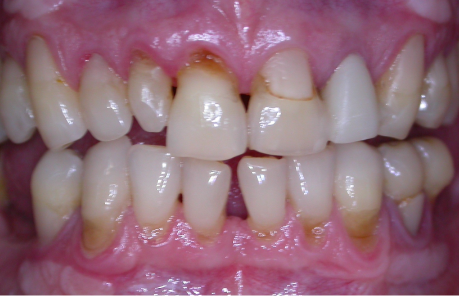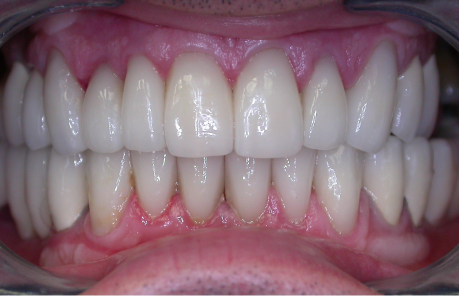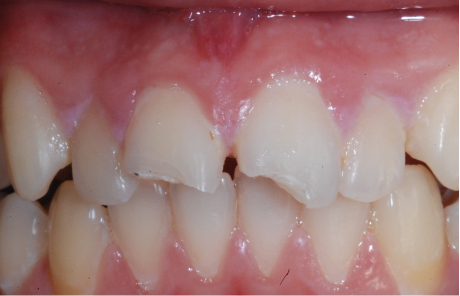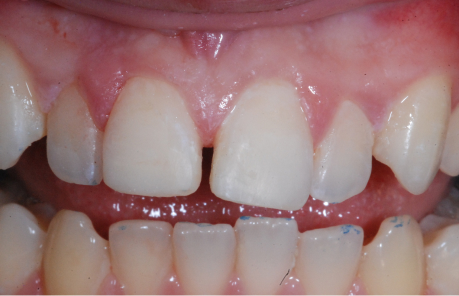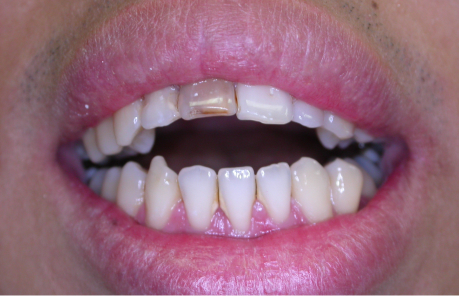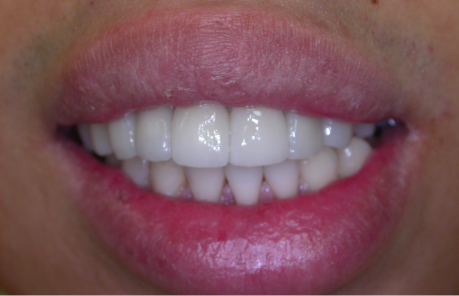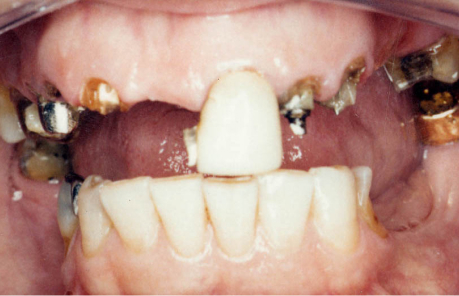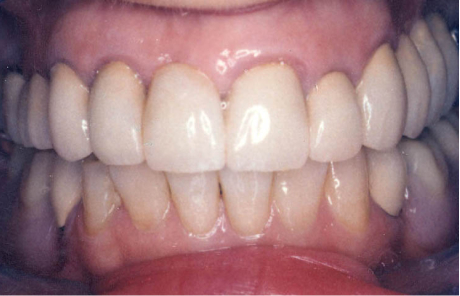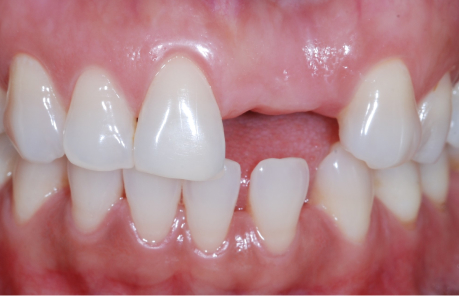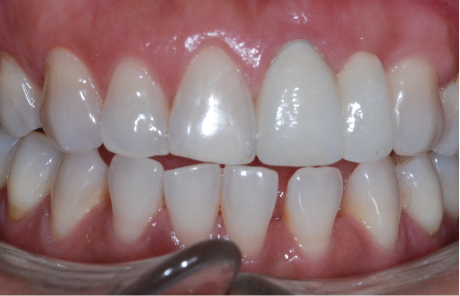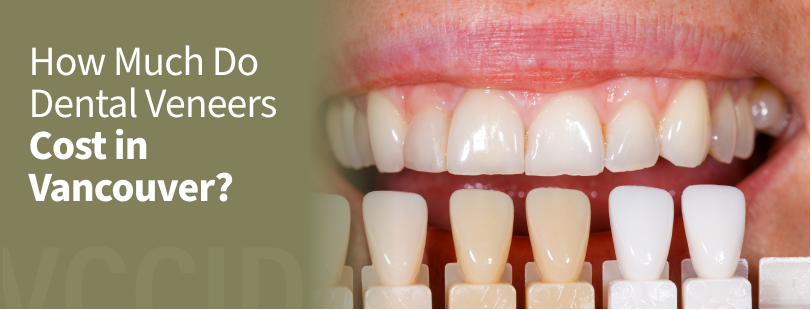Dental implants are an investment and many patients ask, “are dental implants worth the cost?” In Vancouver, the average price of dental implants can range from $4,500 to $20,000. It can even be much greater depending on the number of implants and arches being treated. Nevertheless, dental implants can be life-changing, especially for those who have gone without natural teeth for a long period of time. They can completely restore both the appearance and function of your bite, however, the cost is still something to consider.
There are many different tooth replacement options, these range from budget-friendly dentures to dental bridges using natural teeth and finally dental implants. In the end, whether or not dental implants are worth it will depend on your specific needs and budget. Let’s explore the benefits of dental implants to determine how they compare to other forms of tooth replacement, and what makes them an invaluable procedure for so many patients.
1) Dental Implants are Permanent
Dental implants are the closest thing to natural teeth. They are made up of a titanium (or zirconium) root, which anchors them into the jaw bone, just like the root of a healthy tooth. A dental crown is screwed in place on top of the implant root, to complete the implant. The dental crown looks like a natural tooth in both color and texture. Unlike other tooth replacement options, dental implants are the most like a natural tooth.
An implant fills the gap that is caused by a missing tooth, and it also restores the functional aspects of your bite. When you smile, you will appear to have a full set of teeth. You will no longer have food limitations and will be able to bite or chew the foods you once avoided.
2) Dental Implants Improve Oral Health
Prevent Jaw Bone Loss
The human body is very efficient. It gets rid of what it doesn’t use, and this applies to your jaw when you experience tooth loss. When a tooth is lost the bone begins to atrophy and shrink in volume as it is not stimulated and is not “needed”. This bone loss can happen quite quickly; it is most rapid in the first 6 months after tooth extraction. The sooner a dental implant is placed, the less likely you are to experience severe jaw bone loss.
There are no other forms of tooth replacement that can do this. The dental implant acts as a natural root for your tooth, it is made of biocompatible materials. The cells of your jaw bone grow against and “adhere” to the implant surface. The implant mimics a natural tooth in that it puts slight stresses on the surrounding bone allowing the jaw to keep its shape and volume thus reducing future jaw loss. Patients that have gone without teeth for a long period of time may have a sunken or gaunt appearance from extensive jaw bone loss.
If too much bone volume has been lost due to atrophy, bone grafting is often required before an implant can be placed. The teeth supported and held by the implant or implants can then fill out the appearance of the jaw and facial features, so you will feel confident about your smile once again.
Create an Even Bite
Dental implants help to evenly disperse the weight on your jaw and facial muscles when you bite down on foods and chew. Even if you are only missing one tooth, it will become a habit to avoid chewing on that side of your mouth. When this happens, the weight of your bite is not distributed evenly and there is added pressure placed on your healthy teeth.
Over time, this can wear the teeth down and lead to sensitivity, shifting, chipping, or breakage. It can even lead to further tooth loss. With a dental implant, you restore the full use of your mouth. You will be able to chew properly using your entire mouth, rather than just a portion of it.
Neighboring Teeth Remain Intact
In general, dental implants do not affect or require altering the neighboring teeth in your mouth. Other forms of tooth replacement, like dental bridges, may appear more invasive as they necessitate permanently alter neighboring teeth. For example, a dental bridge requires support from at least two neighboring natural teeth and to do so the teeth must be filed down to fit the crowns attached to the bridge.
This means that in order to fill a gap and replace one or more missing teeth, at least two teeth will be irreversibly affected to support the bridge. Dental implants, on the other hand, are able to completely fill the gap formed by a missing tooth, without affecting the teeth around them in a negative way.
Although bridges may not sound like an inferior method of replacing teeth, they are still a viable option for many patients. If the teeth are perfectly healthy…in other words, no fillings, cavities or root canals, etc, then filling them down will not be the most conservative option. However, in other cases, the adjacent teeth might require crowns regardless of whether an implant is placed. In those cases, a bridge supported by natural will be advantageous in that it will be less expensive, take less time, and potentially solve several issues at the same time.
3) Dental Implants are Long-Lasting
Dental implants are becoming the longest-lasting form of tooth replacement. This can actually make them the most cost-effective when it comes to a long term solution for missing teeth. When they are well taken care of, dental implants can last for up to 20+ years. That is twice as long as the lifespan for dental bridges, which typically last 10-15 years, depending on the materials used. Dentures can last 8-10 years when they are properly taken care of. Therefore, in the long term, dental implants greatly outlast the alternatives.
In stating the numbers I have tried to be conservative to avoid false expectations as there are of course exceptions to everyone one of the above. I have a patient who had a traditional tooth-supported bridge that lasted 35 years, as well as patients wearing the same denture for over 15 years. Since I have now been placing and restoring implants for just under 30 years, as time progresses there is an increasing number of my active and current patients that have had their implants in place from 20-25+ years.
There are also exceptions to the negative, whereby the natural tooth bridge, denture, or implant does not last as long as we had hoped or expected. Therefore it is very important to discuss and explore all your long term options, and once completed to maintain your dental work and teeth regularly both at home and with regular check-ups to your dentist.
Visit your Dentist to Learn More About Dental Implants
Dental implants are life-changing and they are worth the cost for thousands of patients that have been successfully treated. There are so many benefits to dental implants. They can greatly improve both your physical and psychological health. However, if you are considering dental implants, it is best to visit your dentist for a consultation.
At VCCID our team will help to determine whether or not you would be a good candidate for dental implants. Contact VCCID today to learn more about whether or not dental implants are right for you.

